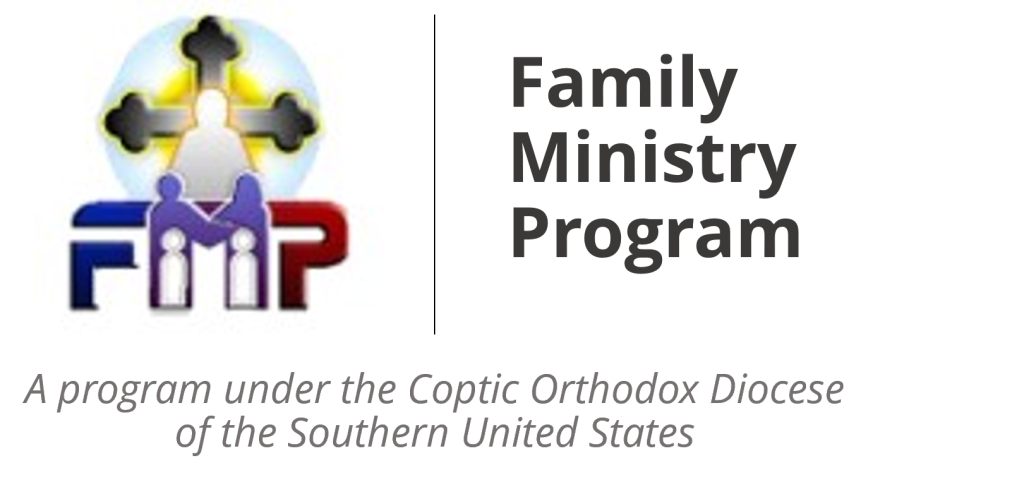Instructor: Fr. Makary Ibrahim, M.D
E-mail: agapemercy@gmail.com, Phone: 210-730-3782
Course Description:
This course educates what constitutes sound, ethical conduct to do the right thing with good intentions in counseling. It covers the moral principles of the helping lay counselors. It addresses the knowledge of ethical, legal and professional standards. It equips the student with the skills for applying the rules and standards to the questions and dilemmas that would arise in the counseling settings.
Course Objectives:
At the conclusion of the course, students should:
1. Learn the guidelines to help counselors keep client welfare foremost and respect client rights.
2. Understand the important issues of informing, maintaining, and ending the counseling relationship.
3. Understand the client’s right to privacy of information shared during counseling sessions and of records. Also know the exceptions and limitations to confidentiality.
4. Realize the standards related to competent professional responsibility.
5. Understand the importance of the relationships with other professionals.
6. Resolve ethical issues and report suspected ethical violations.
Required Text:
Theodore Remley and Barbara Herlihy, “Ethical, Legal, and Professional Issues in Counseling”, 3rd Edition, 352 pages, Pearson; 3 edition (March 23, 2009), ISBN-10: 0137016719, ISBN-13: 978-0137016716.
Recommended text
Sanders, Randolph; Christian Counseling Ethics. InterVarsity Press.
On-Site Lesson Schedule:
Readings Prior to Arrival: As indicated in the Lesson Schedule.
AND: (www.counseling.org)
The Instructor will give an overview of the course and will emphasize the important points.
Distance Learning Lesson Schedule
| WEEK | LESSON | Textbook Assignment |
Test Schedule | ||
| 1 | Introduction + Professional Identity of Counselors | Chapter 1+2 | |||
| 2 | Professional Practice in a Multicultural society | Chapter 3 | Test 1+2 | ||
| 3 | Client Rights & Counselor Responsibilities | Chapter 4 | |||
| 4 | Confidentiality and Privileged Communication | Chapter 5 | Test 3+4 | ||
| 5 | Records. subpoenas & Technology | Chapter 6 | |||
| 6 | Competence and malpractice | Chapter 7 | Test 5+6 | ||
| 7 | Boundary Issues. | Chapter 8 | |||
| 8 | Counseling Children and vulnerable adults | Chapter 9 | Test 7+8 | ||
| 9 | Counseling families and groups | Chapter 10 | |||
| 10 | Resolving Legal & Ethical Issues | Chapter 16 | Tests 9+10 | ||
| 11 | Qualifications of the Christian Mental Health Professionals | Handout | |||
| 12 | The Ethical Behavior of Christian Therapists + Ethical Guidelines | Handout | Test 11+12 | ||
| Final Test | 20% | FINAL TEST | |||
| Case Discussions + Informed Consent |
20% | ||||
Grading Scale:
| Grading Scale: | Test Schedule | Percentage of course grade |
| A+ = 96 – 100
A = 90 – 95 B+ = 86 – 89 B = 80 – 85 Below 80 will get certificate of attendance F Below 60 (Fail) |
Test 1- Test 12
Case Discussions + Informed Consent Final Test |
60%
20% 20% |
Course Requirements:
1. Attending the course’s lectures in the announced conference.
2. Having daily access to the Internet and basic typing skills.
3. Turning assignments after the dead line may reduce the score
4. There will be a comprehensive final exam, which will be following all the rest of the work that has been completed and turned in.
